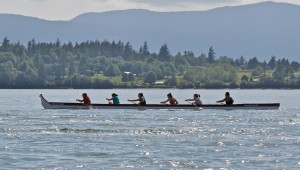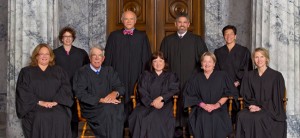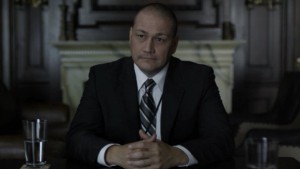Leading tribal political scientists and economists make clear that human capital is an oft-missing but critical component of any successful tribal nation building or economic development effort. According to Drs. Cornell and Kalt:
Human capital: the skills, knowledge, and expertise of the labor force. These are acquired largely through education or work experience. As human capital rises, so do the chances of successful development.
They and other leading minds from the Harvard Project on American Indian Economic Development refer to physical, human and environmental capital, together, as what are fundamentally needed to build and sustain any successful tribal economy---in other words, money, skilled tribal people, and land.
What makes that convergence of capital difficult for tribes to obtain and leverage is the debilitating "brain drain" facing Indian Country. As Drs. Cornell and Kalt also observe:
There’s a brain drain as a lot of the people with good ideas—particularly younger tribal members—leave home for somewhere else, desperate to support their families and discouraged by political favoritism, bureaucratic hassles, and the inability of tribal government to deal with the basic problems.
Patterns of failure, mismanagement, and corruption encourage outside perceptions of Indian incompetence and reservation chaos that make it even harder to defend tribal sovereignty. The ultimate economic result is continued poverty.
So if the not-so-good parts of tribalism perennially cause a brain drain, disenrollment---per se tribal failure, mismanagement, and corruption--- causes a brain gush; imagine a levee breaking. The result is not just poverty; it is tribal economic ruin.
Consider the Nooksack Tribal Council, which has fired dozens upon dozens of members from tribal governmental and enterprise jobs without cause, amidst their relentless efforts to disenroll 306 tribal members since 2012.
They've nuked the River Casino's general manager, on-duty manager, HR manager, food and beverage manager, as well as the Tribe's Finance Director and senior accounting staff, Medical Clinic Director, Assistant Education Director, TANF Manager, Social Services and Housing caseworkers, Maintenance Director, Landscaping Supervisor---even the Tribal language teacher. The list of fired Nooksacks is horrifically long.
Having decimated the Tribe's labor force and drained Nooksack's human capital, the Tribe has virtually ceased to function and they are now closing the River Casino. If the Nooksack Tribal Council ever gets their way and disenrolls the 306, they will seal the Nooksack Tribe's economic fate, relegating all of their people to continued poverty.
Perhaps they already have.

Gabriel “Gabe” Galanda is the Managing Partner at Galanda Broadman. He belongs to the Round Valley Indian Tribes. Gabe can be reached at 206.300.7801 or gabe@galandabroadman.com.















